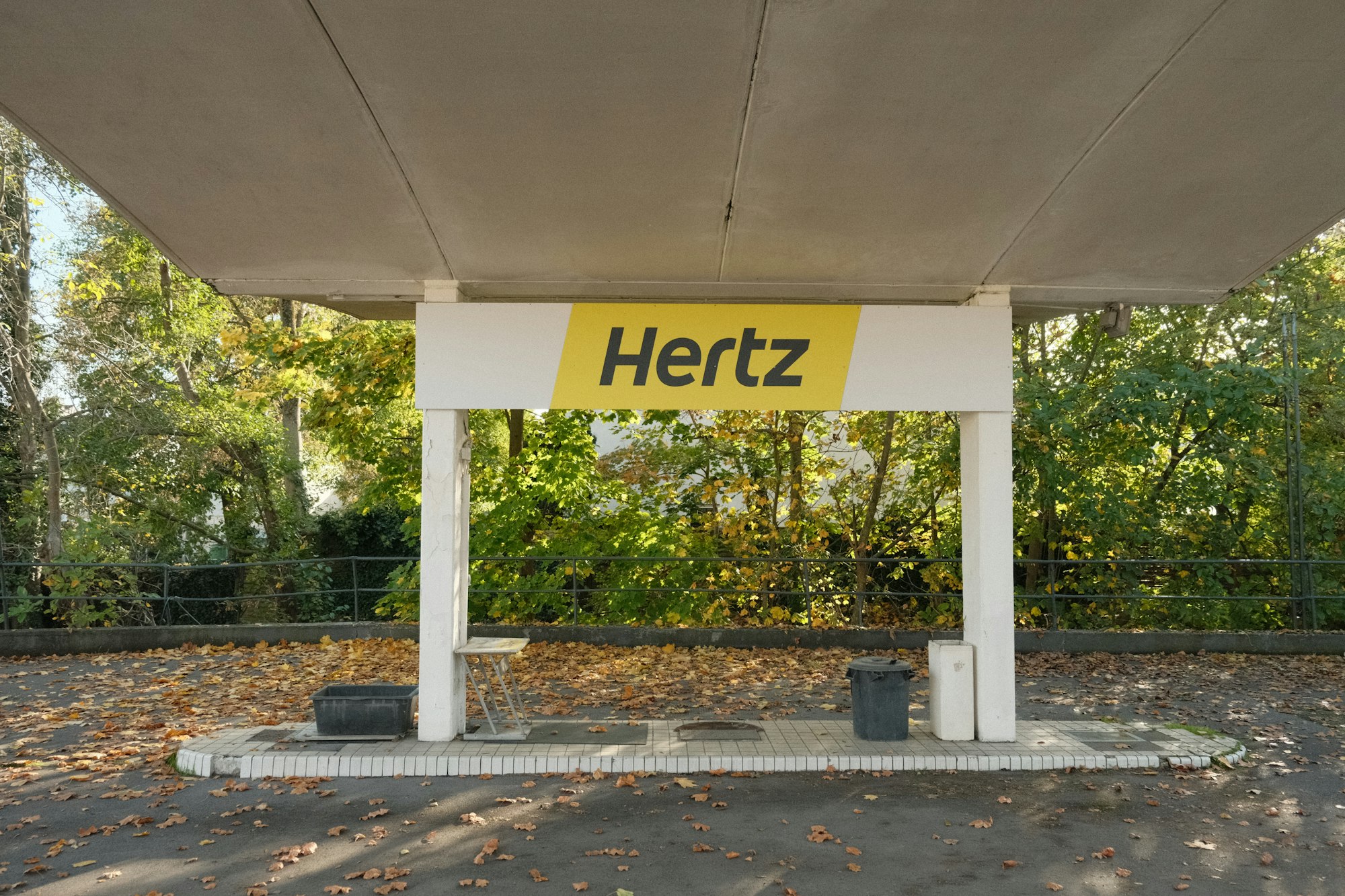Hertz Shifts Gears: Rental Giant to Sell 20,000 EVs and Reinvest in Gas-Powered Cars Amid Weak Demand and High Repair Costs
As we enter the new year, Hertz Global Holdings Inc., one of the world's leading car rental companies, has announced plans to sell off a significant portion of its electric vehicle (EV) fleet. The company intends to dispose of around 20,000 EVs and reinvest in gas-powered vehicles
As we enter the new year, Hertz Global Holdings Inc., one of the world's leading car rental companies, has announced plans to sell off a significant portion of its electric vehicle (EV) fleet. The company intends to dispose of around 20,000 EVs and reinvest in gas-powered vehicles due to weak demand and escalating repair costs associated with its current EVs.
The decision to divest from EVs is a marked shift from the company's previous strategy. Hertz has been a vocal supporter of electric vehicles and had previously made substantial investments in them. However, it seems that the market dynamics have not played out as expected for the rental giant.
According to regulatory filings, the process of selling off the 20,000 EVs began last month and will continue throughout 2024. The decision came as the cost of repairs for Hertz's EV fleet, comprised mostly of Teslas, has proven higher than initially projected. These escalating costs, coupled with weak demand for EV rentals, have prompted the company to rethink its strategy.
EVs have been touted as the future of transportation, but their adoption has been slower than many anticipated. While there are numerous factors contributing to this, chief among them are the high upfront costs of EVs and the lack of charging infrastructure. It seems these issues have also impacted the rental market, with customers showing a preference for traditional gas-powered cars.
Hertz's decision is expected to provide a temporary boost to the gas-powered car industry, which has been grappling with the rise of EVs. However, it also highlights the challenges that businesses face in navigating the transition to more sustainable modes of transport.
While Hertz's move may be seen as a setback for the EV industry, it's worth noting that it is just one company's response to market dynamics. The global EV market continues to grow, albeit at a slower pace than some might hope. Meanwhile, many other rental car companies remain committed to EVs, viewing them as a long-term investment.
In conclusion, Hertz's decision to sell off a third of its U.S. electric fleet and reinvest in gas-powered cars is a notable development in the ongoing saga of the transportation industry's transition to electric vehicles. It remains to be seen whether this is a temporary setback or a sign of more significant challenges ahead for the EV market.




